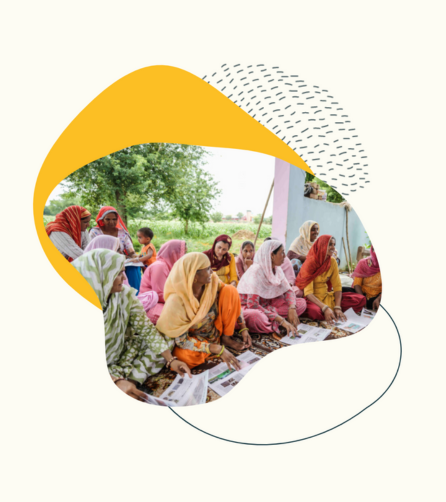Honoring Herstory: The First Virtual Woman’s History Museum
The absence of women’s history in the collective consciousness is a problem that affects us all. For example, according to Humaniki, English-language Wikipedia contains more than 4.4 million biographies about notable writers, inventors, and academics, but only less than 19% of these biographies are about women. At the same time, according to Wikipedia Community Insights 2023 Report (1), only 13% of the volunteers who edit Wikipedia identify themselves as women. In Poland, the survey conducted by BNP Paribas Bank (2) showed that only 10% of school patrons are named after women. But a group of dedicated individuals is working to change that.
A good example of forgotten history is Ada Lovelace, a 19th-century mathematician considered the first computer programmer in history. Lord Byron’s daughter, raised by a single mother who instilled in her a love of mathematics, she collaborated with Charles Babbage on the Analytical Engine. She was the first to notice its potential for tasks other than mathematical calculations.
The Polish foundation, Museum of Women’s History Foundation, supported by the Tech To The Rescue team – where we aim at connecting ambitious nonprofits with technology companies to boost their causes – has created the Virtual Women’s History Museum, a digital platform that seeks to build an extensive, comprehensive, and accessible repository of knowledge and educational materials about heroines of world history. To help accelerate the work, Amazon Web Services (AWS) joined the effort.
SOLUTION:
The Museum received the necessary technical support from Tech To The Rescue, and AWS provided reliable hosting and other services at no cost. The collaboration between the Polish Women’s History Museum, Tech To The Rescue, and AWS has resulted in supporting and hosting of a women’s history database, a backbone of the first women’s history virtual museum in Poland.
Dr. Agnieszka Jankowiak-Maik, Vice President of the Museum of Women’s History Foundation, emphasizes the importance of accessibility, “We strongly believe that accessibility is extremely important when it comes to online solutions. Therefore, we wanted our Database to be as well prepared as possible for all people who would like to use it.”
EFFECT:
With AWS hosting, the museum aims to expand its global reach, providing an accessible platform for users worldwide to explore and learn about Polish women’s history. The integration of AWS ensured seamless deployment and scalability, accommodating the museum’s growing collection and increasing visitor traffic in the future. Although collecting biographies is still in its early stages, the museum’s goals are far-reaching; biographies of legendary women will be equipped with scenarios and lesson plans for thousands of teachers because change begins in school corridors.
Dr. Agnieszka Jankowiak-Maik concludes, “This is just the beginning. We plan to create a mobile application and add new content to the database, which so far has been created mainly by our foundation’s experts and invited people. Young organizations with a vision often face huge challenges related to financing, which makes it difficult to access technology or know-how. With support, our visions can become reality and make a significant contribution to social change.”

(1) Link
(2) Link




